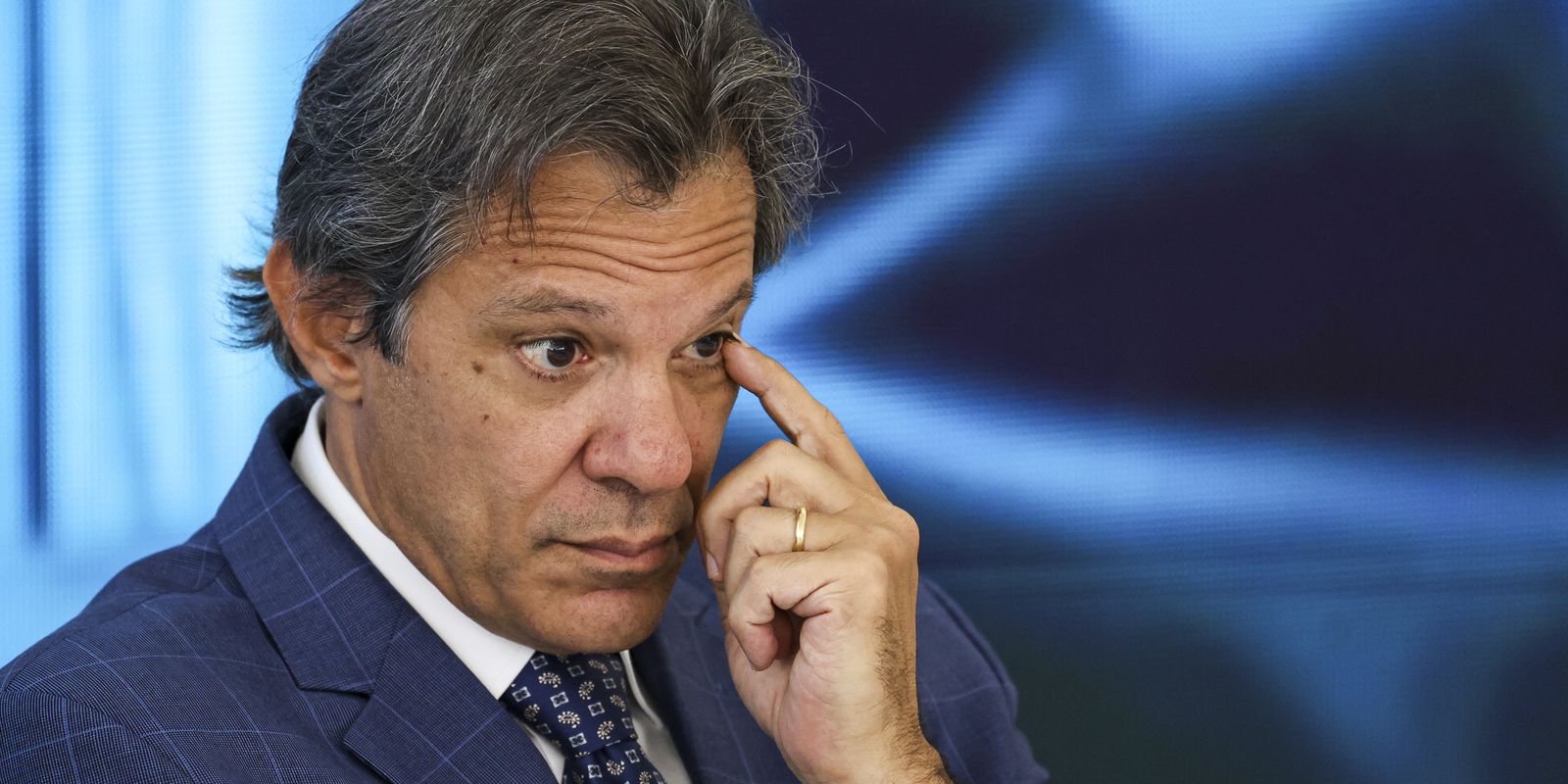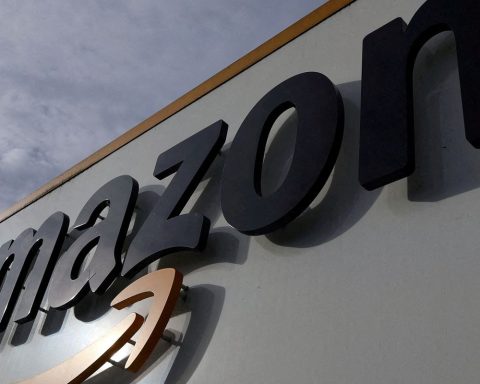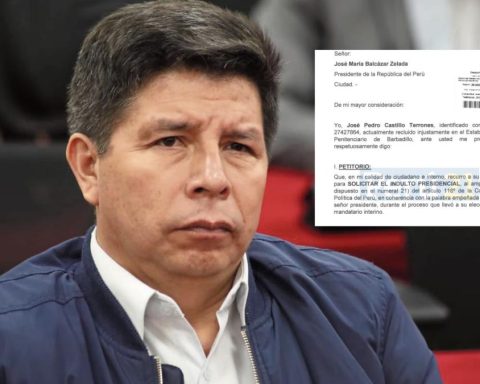Food inflation caused by the prolonged drought is a “little bit of a concern,” Finance Minister Fernando Haddad said on Wednesday (11). Despite the effects on prices, he said the problem cannot be addressed by raising interest rates by the Central Bank (BC).
“Inflation is a bit of a concern, especially due to the climate. We are monitoring the evolution of the climate issue, the effect of the climate on the price of food and eventually on the price of energy makes us a bit concerned about this. But the inflation resulting from this phenomenon cannot be resolved with interest. Interest is another matter,” said Haddad at the Ministry of Finance.
Next week, the Monetary Policy Committee (Copom) of the Central Bank (BC) will meet to define the Selic rate (the basic interest rate of the economy). Currently at 10.5% per year, it may be raised to contain inflationary pressures caused by the rise of the dollar in recent months and by the heating up of the labor market.
According to the Focus bulletin, a weekly survey of financial institutions released by the Central Bank (BC), market analysts project a 0.25% increase in the Selic rate at the next meeting, on the 17th and 18th. They predict that the rate will end the year at 11.25% per year.
“The Central Bank has a very solid technical framework to make the best decision, and we will await next week’s Copom meeting,” said Haddad. This will be the first Copom meeting after the nomination of Gabriel Galípolo for the presidency of the Central Bank next year.
The announcement that official inflation by the Broad National Consumer Price Index (IPCA) was negative by 0.02% in August reduced pressure for Copom to promote a larger adjustment of 0.5 percentage points at the next meeting. The index registered its first deflation since June last year, mainly driven by the drop in energy prices, but the expectation is that the red flag on the electricity bill will impact inflation in the coming months.
GDP
Regarding economic growth, Haddad said that the Ministry of Finance should raise the projection for the Gross Domestic Product (GDP, sum of wealth produced) in 2024 to above 3%. “We are finalizing the schedule and should release it this week, but I believe that the 3% floor is already basically agreed, quite consistent and with an impact on the economy”, declared the minister.
Last week, the Brazilian Institute of Geography and Statistics (IBGE) announced that the GDP grew 1.4% in the second quarter compared to the previous quarter. Compared to the same quarter in 2023, growth reached 3.3%. The result came above market expectations.

















